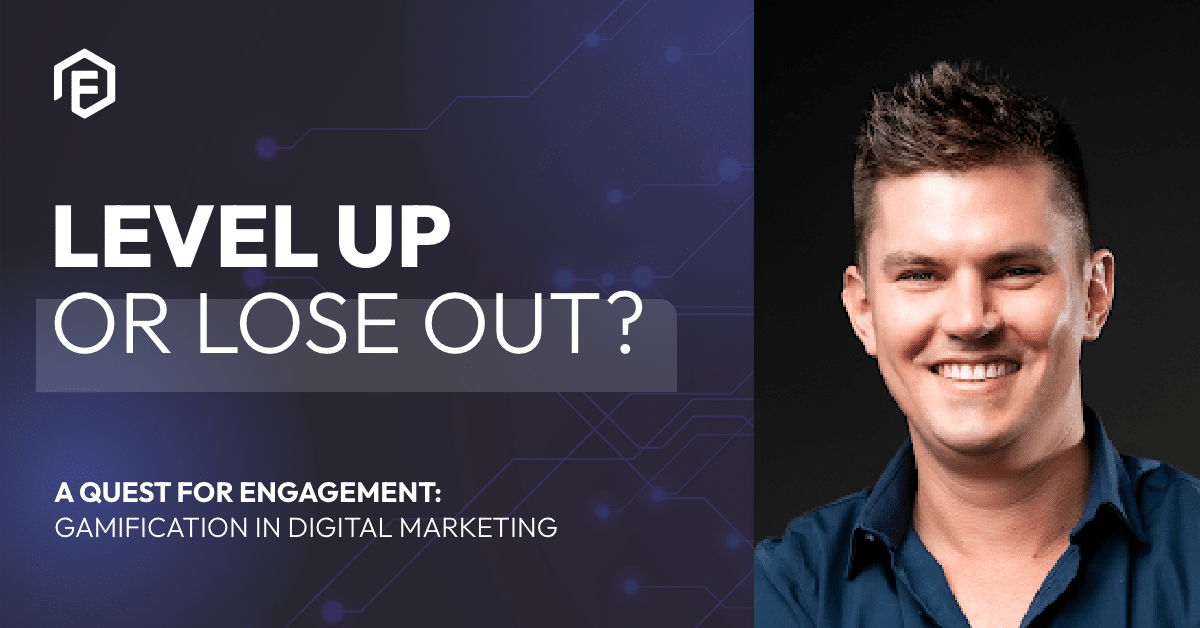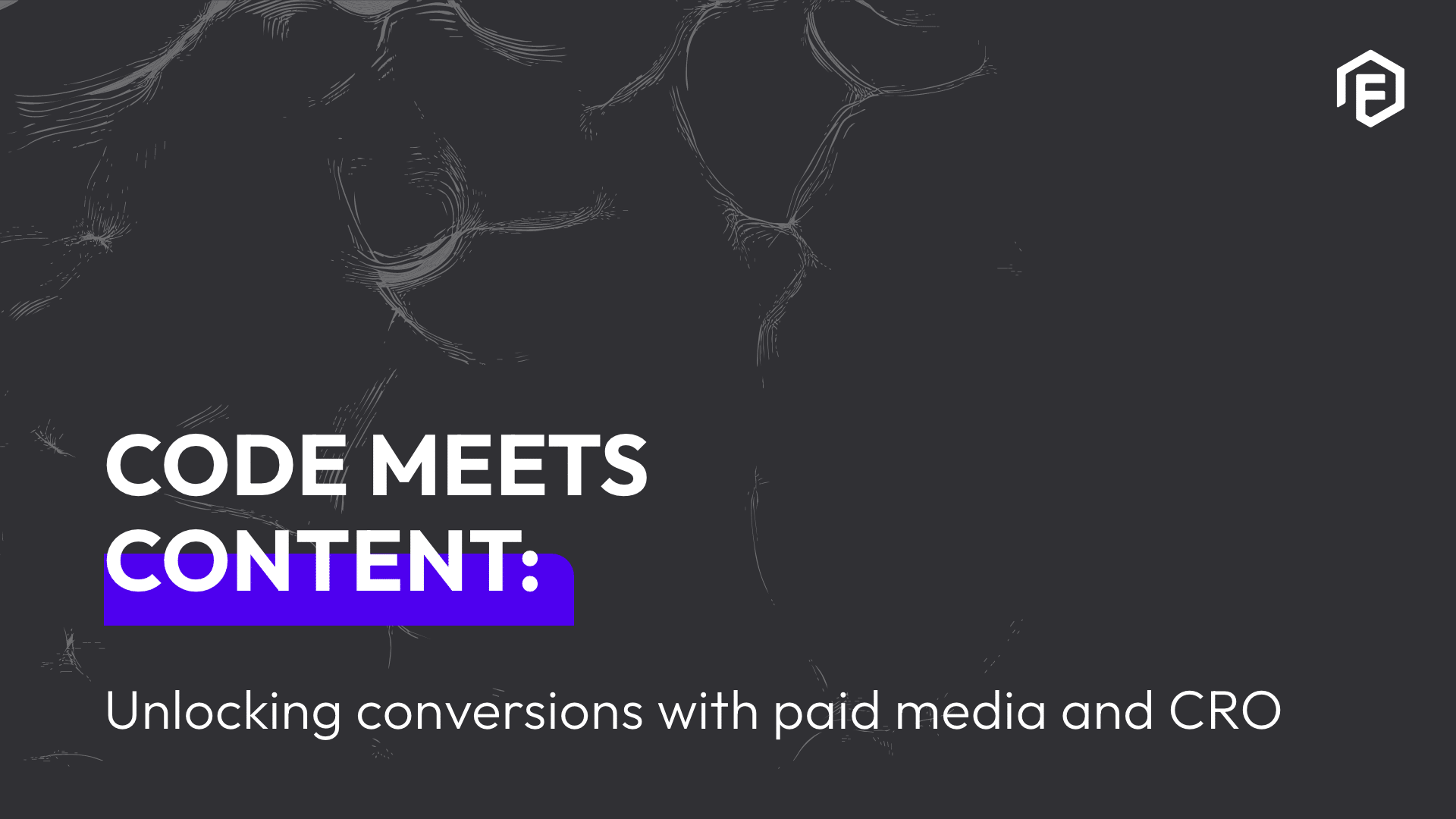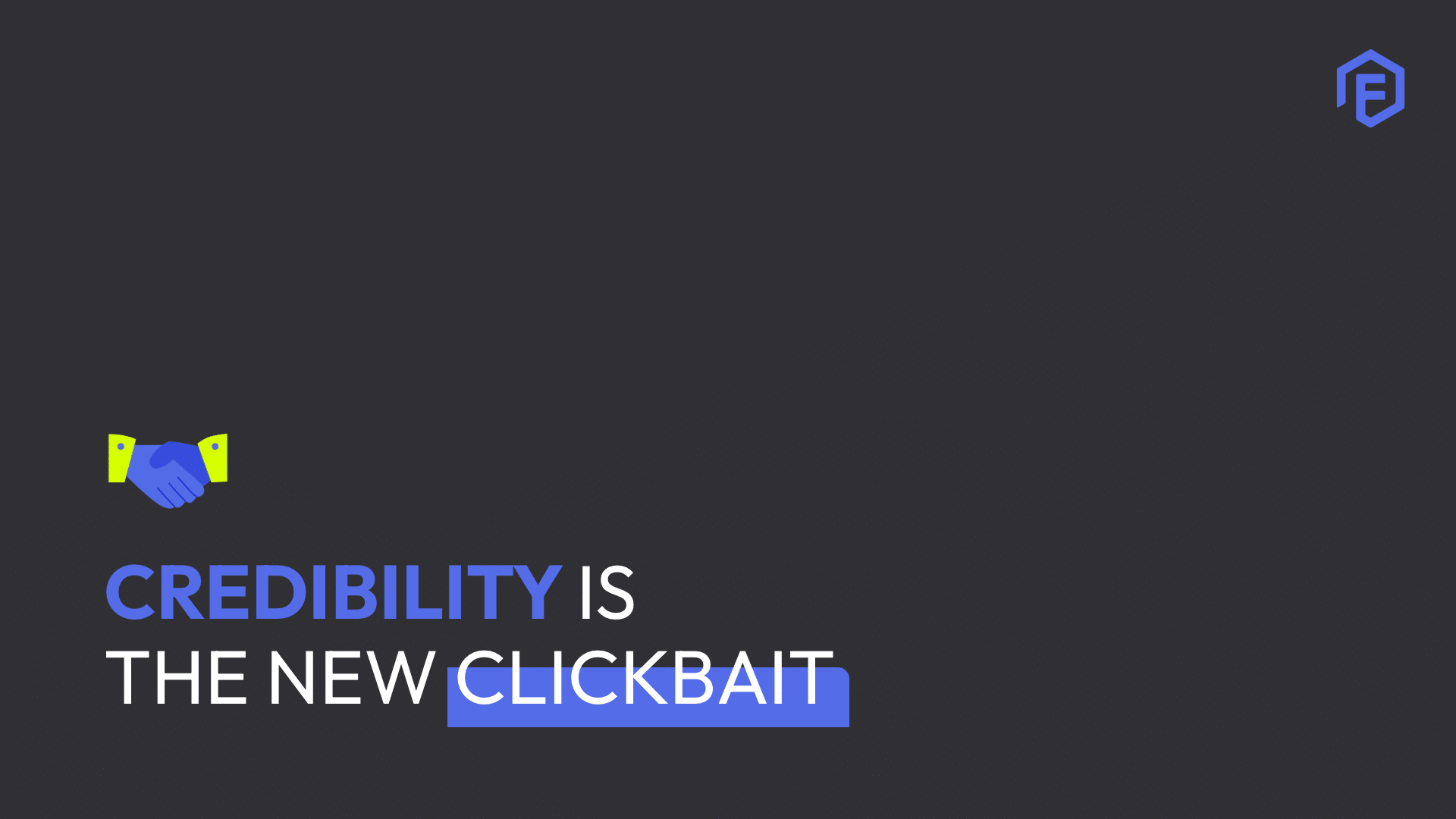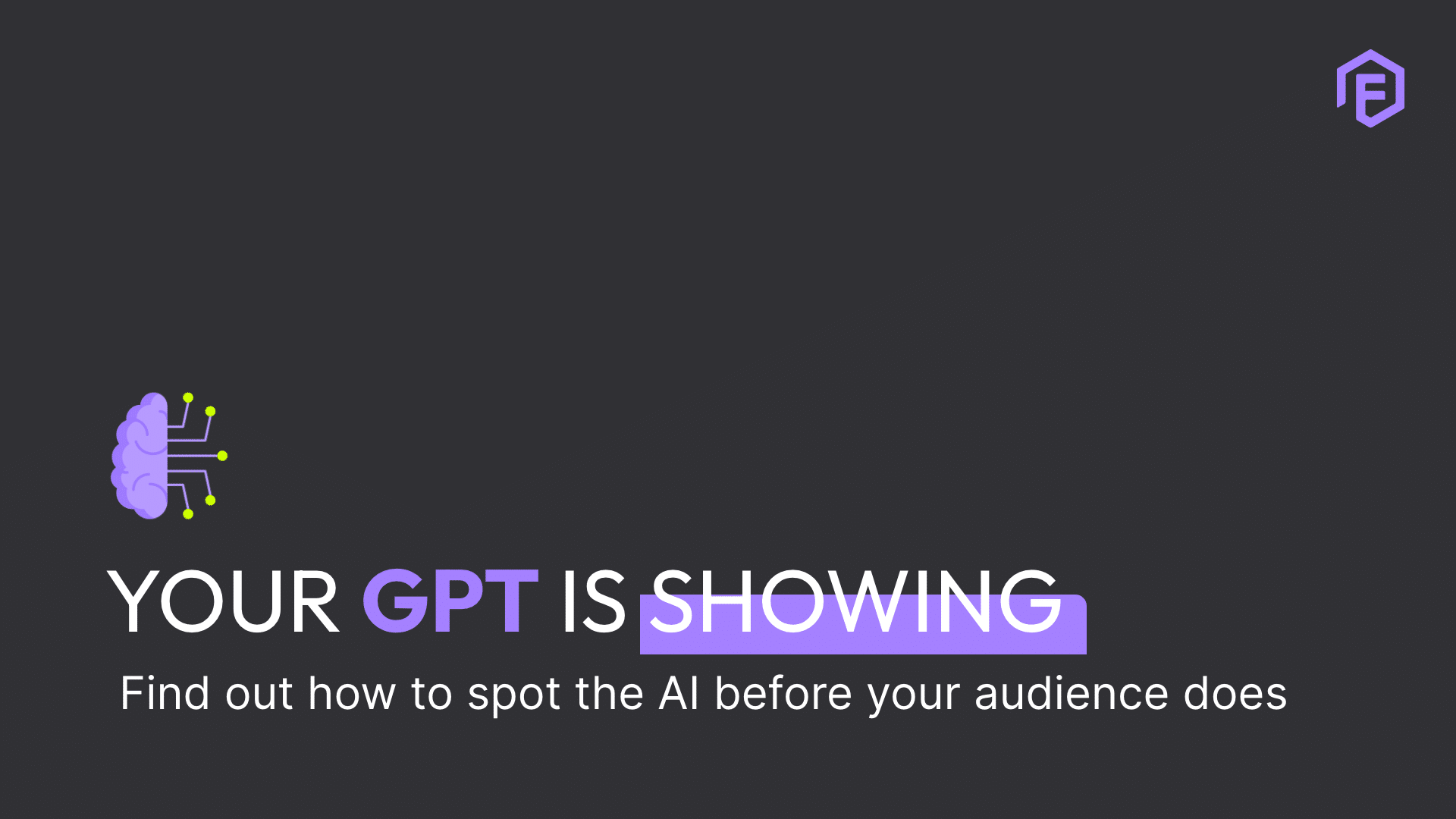What came first, the Chicken or the Egg? Or was it, in fact, the Rooster? I recently came across this age-old conundrum (again) on social media (who says you can’t find anything interesting on Facebook anymore?), and that got me thinking about how it applies to the state of our industry and how we do business in the marketing game. When it comes to operating in a competitive industry, with ever-more demanding clients and ever-tighter turnaround times, we often do find ourselves wondering “what comes first?”
The world’s best negotiators tell us never to be the first to suggest a price, and never to give away your hand before your competitor does. In advertising, we often wonder whether to pitch with everything we’ve got or to wait for the client to offer some kind of commitment before we give away any valuable agency IP. Should the client be the first one to propose a budget, or should it be the agency who suggest just how much money is needed, how it can be spent most effectively, and raise the alarm when it becomes excessive or wasteful.
What comes first?!
Looking at it simply – taking the approach of choosing one over the other – we almost always end up bouncing between the two options. Progress is limited, and answers are few. Who is right? Who is wrong? Who wins, and who loses?
But if we include the root – the Rooster, if you will – a process begins to unfold that is effective and ongoing, with practically endless potential.
… and repeat.
When both parties realise where it all truly starts (why are we collaborating in the first place?), the full potential of a venture becomes visible and possible, naturally resulting in a win for both parties, as opposed to the games of chicken we’ve all become accustomed to playing while waiting for the other to budge.
The ability to understand each party’s position and their roles in delivering toward a successful project is an essential ingredient that can often carry success or failure on its shoulders.
In Kantian ethics, outwitting or outsmarting the other party is discouraged in favour of collaboration to the benefit of all. Taking this holistic approach, and acting in accordance with one’s moral duty rather than merely our desire for certain outcomes, is where the magic happens.
This is only possible when each party can honestly see the underlying truth or reason behind it all. With all exploitation and industry nonsense completely stripped away, we can move forward as we ask ourselves “what is it that we are hoping to achieve?”
Take the hiring process as a simple example. Seth Godin recently addressed the conflict inherent in hiring in a blog post titled “Towards the honest job interview”. In it, he demonstrates how easy it is to slip into manipulative behaviour in pursuit of our own selfish desires, whether we are the interviewer or the candidate in the situation, even though it may be detrimental to the progress of both in the long run.
The candidate thinks, “I really need this job.”
The hiring manager thinks, “I’m tired of this, I really need to fill this job.”
As a result, the candidate says what he thinks will get him hired. He’s not listening – not really. And he’s not really telling the truth, either. He knows that he needs to “thread the needle” and say what it takes to get the job, so he lies to himself about what he really wants, and lies to the interviewer in order to get the job.
And the hiring manager isn’t really listening either. They’re looking for clues – unstated hints about what this person is really like. And when they shift to sell mode and sing the organisation’s praises, they’re likely to gloss over the bad bits, while exaggerating the good ones (…everyone is really creative here; we don’t do office politics,” etc). Both parties, needless to say, enter into the agreement with a dose of scepticism built in from day 1.
Nobody is acting badly here. Cognitive dissonance is real, and the hope is that once settled into the new role, the candidate will adapt and grow to love it. No job is static, after all, and the expectation is that a dedicated employee will be able to make the role work for them, and work well in the role.
But…
We could all save a lot of time and energy if we could figure out a way to find an actual fit. Sometimes the best fit might be not finding one at all. Understanding such revelations requires us all to take a step back and focus on the holistic bigger picture, rather than the end result we’re after. As a results-driven industry, this can’t always be easy. We tend to treat outcomes as the ultimate goals, often driven by a sense of desperation and the agenda of securing maximum personal gain. This is where the whole dynamic become skewed, and ultimately where limitless potential becomes narrow-minded focus.
This is where exploitation creeps in, and it’s also the main reason that partnerships fail to form the way they should, whether we’re talking about a new recruit to your business, a new client, or a promising new business partnership. Whoever we are, we feel compelled to move quickly from one opportunity to the next, just to make sure we’re getting the best deal possible.
The sad thing about this whole approach, though, is that we end up running around like headless chickens, chasing the next big account or the next big idea, when what we should really be focussing on is the bigger, long-term picture.



